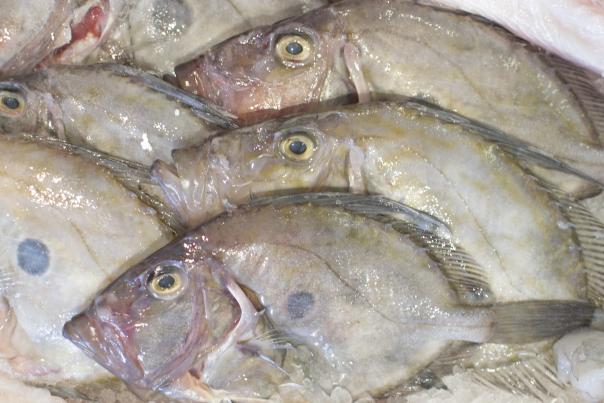
Despite more than half of Brits saying they love fish and eat it an average of five times a month, 50% of those surveyed for the poll to mark Sustainable Seafood September didn’t know that coley was a wild sea fish. Over half (55%) had no idea that John Dory was a type of spiny fish.
The ‘big five’ cod (70%), tuna (58%), salmon (53%), haddock (50%) and prawns (46%) remain stalwarts on British dinner tables and what UK consumers tend to eat most according to those polled.
Over half (53%) have never tried red mullet, turbot (51%), coley (50%) while just under half have never tasted monkfish (46%) or cockles (43%). Only 39% would feel confident cooking a whole fish.
Too many bones (36%), too expensive (29%), not sure they’ll like it (26%), and not knowing how to prepare it (23%) are the main reasons we stick to what we know. Almost 80% of people said they would like to be more adventurous with fish and seafood.
George Clark, MSC UK & Ireland programme director, said: “This poll shows a fantastic opportunity for Brits to improve their fish knowledge and seafood skills. Seafood lovers can still enjoy their favourites – cod, haddock, salmon, prawns and tuna – as long as they choose the blue MSC ecolabel when shopping.
“But this Sustainable Seafood September, we’re also encouraging people to try something different, and particularly the sustainable variety of fish and seafood caught by fishing communities around the UK. When it’s a sustainable choice, there are plenty more fish in the sea – literally.
“Sustainable, locally-caught options from around the UK include MSC-certified sardines and hake from Cornwall, coley from Scotland, mussels, crab and scallops from Shetland and cockles from Poole Harbour and Leigh-on-Sea.”
The data also revealed that Bristol is the fish-eating capital of the UK where they eat six portions of fish or seafood a month, compared to Stoke-on-Trent where they eat just four. Fish that Brits have never tried include:
- Hoki - 62%
- Ling - 62%
- Red gurnard - 62%
- Razor clams - 62%
- Coalfish - 61%
- John Dory - 60%
- Cuttlefish - 59%
- Dab- 59%
- Brill - 57%
- Tilapia - 57%
- Whelk - 56%
- Flounder - 56%
- Sprat - 54%
- Red mullet - 53%
- Smelt -52%
- Turbot - 51%
- Coley - 50%
- Clams - 48%
- Monkfish - 46%
- Octopus - 45%
- Whiting - 44%
- Sea bream - 43%
- Cockles - 43%
- Dover sole - 40%
- Halibut - 40%